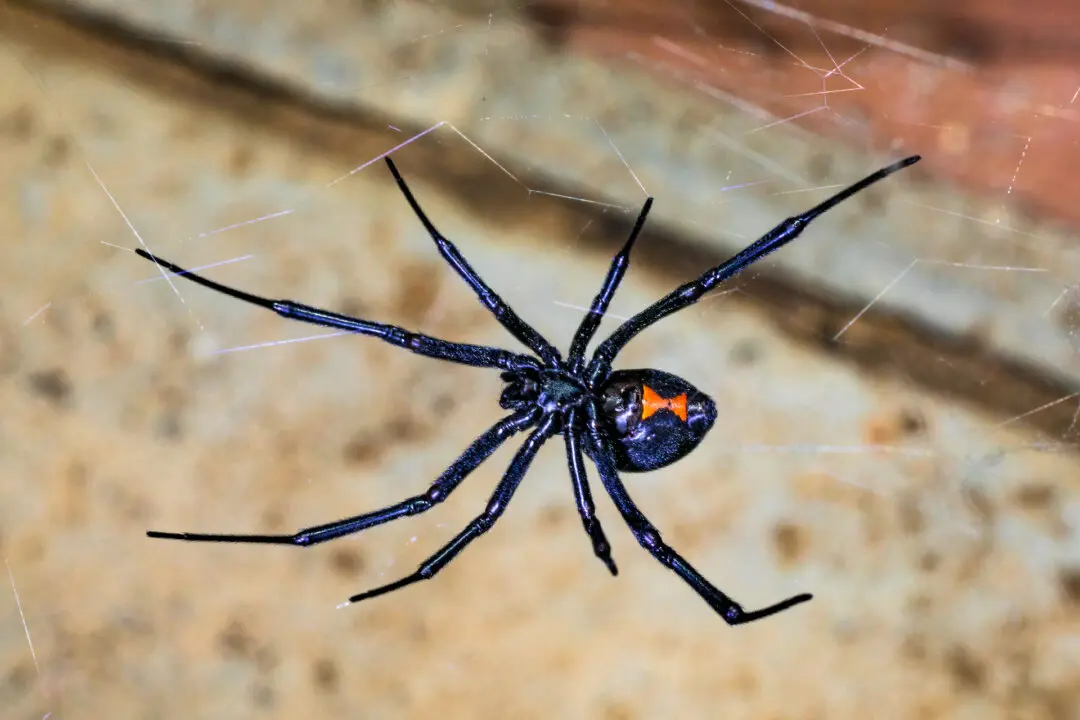Q: I caught the end of a news report about pets and the plague. I thought the plague was eradicated ages ago, at least from the United States. Do I need to worry about my indoor-outdoor cats getting infected? Is this the next pandemic?
A: The deadliest pandemic in history was caused by the plague in the mid-1300s. While I doubt that will be repeated, the disease is still present in the United States.





